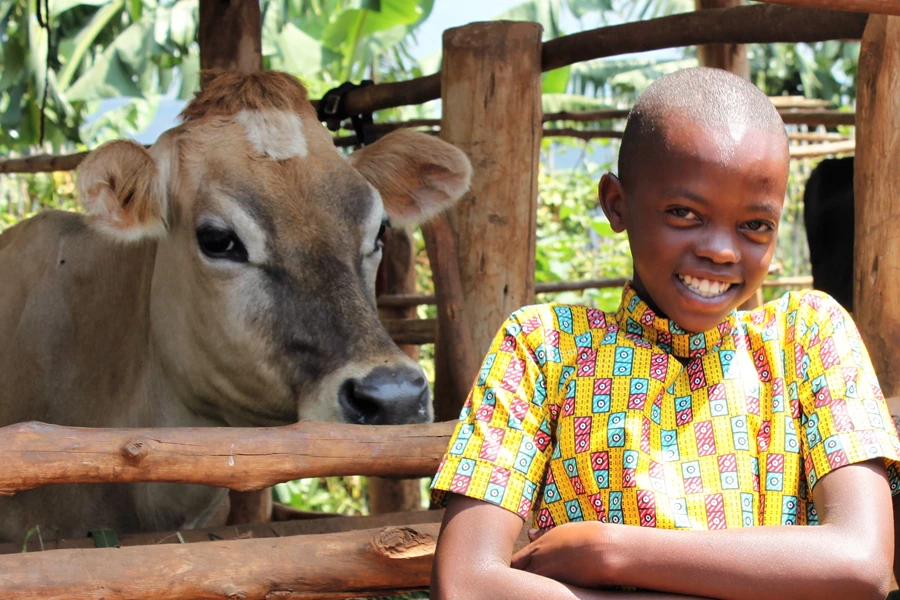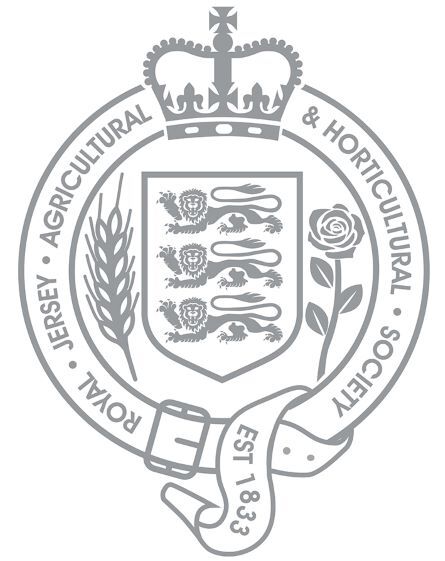Dairy For Development
Dairy cows play a vital role in many developing countries, serving not only as a source of income for smallholder farmers but contributing to the improved health and nutrition of their families and communities and a driver of economic development.
As a centre of dairy expertise – and home of the Jersey breed – we are uniquely well-placed to assist farmers, charities, cooperatives, extension workers and national governments with improving the quality and profitability of milk production.
Our Dairy for Development grants focus on boosting livelihoods and nutrition by enhancing dairy production techniques (specifically bovine) to boost milk yields and quality, strengthening value chains, improving animal health and genetics, improving competitiveness of farmers, cooperatives and connected businesses and providing innovative financing, especially to support small-scale producers.

Current Dairy for Development Grants
| Agency | Programme | Country | Value | Start | End |
|---|---|---|---|---|---|
| RJAHS | Copperbelt Dairy Expansion Project | Zambia | £1,499,590 | 2024 | 2027 |
| RJAHS | Malawi Dairy Growth (MDG) Project - Phase III | Malawi | £1,799,572 | 2024 | 2027 |
| The Ripple Effect International | Inka Nziza Zikamwa ("Good cows that give milk") - Phase 2 | Rwanda | £1,469,075 | 2024 | 2027 |
| RJAHS | Amakuru ku nka z'umukamo - Dairy Data Project | Rwanda | £1,568,942 | 2023 | 2026 |
| RJAHS | Ongera Amata | Rwanda | £1,557,416 | 2023 | 2026 |
| The Ripple Effect International | Dairy for Nutrition and Income (DaNI) - Phase 2 | Ethiopia | £1,397,914 | 2023 | 2027 |
| RJAHS | Jersey Breed Focussed Dairy Development in Zambia | Zambia | £1,198,007 | 2022 | 2025 |
| ADRA-UK | The Enhanced Rural AI (TERAI) project for Smallholder Dairy Farmers in Nepal | Nepal | £1,102,365 | 2022 | 2026 |
| Heifer Nederland | Jersey Valleys Nepal: Fostering Resilience through Sustainable Dairy Development | Nepal | £1,500,000 | 2025 | 2028 |

COUNTRY: Ethiopia
PARTNER: RJAHS
DURATION: Phase III – 2024 -2027
Project in focus: Malawi Dairy Growth III
The Challenge:
Livestock is central to Malawi’s economy, society, and culture, with agriculture as the main employment source in this largely rural country. Dairy farming holds high potential for reducing poverty and malnutrition, yet smallholder farmers, who dominate the sector, face major challenges that limit their productivity and profitability.
What the project is doing?
The RJAHS-Malawi Dairy Growth project, launched in 2017, has been successful in securing further funding for expansion. In partnership with the Shire Highlands Milk Producers Association (SHMPA), the project trains dairy farmers in cattle health, fertility, and farm management, while improving cow genetics through cross breeding with the jersey breed. Additionally, the Mkakazi loan scheme boosts women’s participation by providing pregnant heifers, equipment, and training, with the expectation that offspring are donated to other farmers, fostering community growth.
Outcomes:
The project seeks to support 12,000 smallholder dairy farmers in Malawi, who produce over 90% of the country’s raw milk. To date, over 7,500 farmers have been trained in cattle health and farm management. In 2024, the project averaged 382 artificial inseminations per month, enhancing dairy cow genetics across Malawi. The Mkakazi loan scheme is on target to provide over 1,500 female farmers with pregnant heifers, equipment, and training, empower women in dairy farming, enabling them to enhance their productivity and income.
"Being a dairy farmer has been rewarding to me. My life has been completely turned around. I rarely go through hungry months, as was the story in the past. I can now feed my family all year round thanks to dairying”
Sign up to our newsletter
Find out more about JOA, the work we do, forthcoming events and volunteering opportunities.


